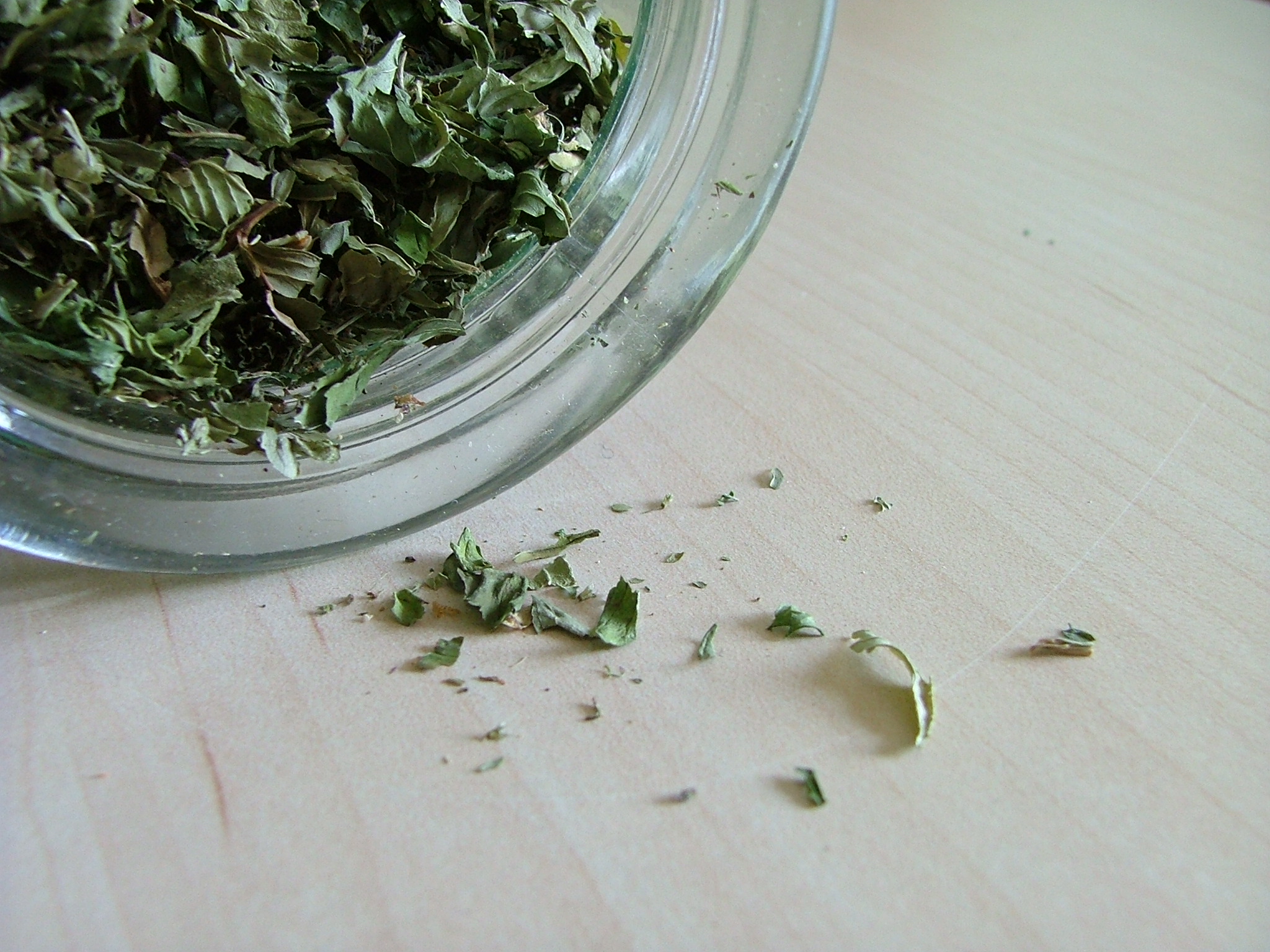What's the rush?
 Thursday, August 29, 2013 at 10:20PM
Thursday, August 29, 2013 at 10:20PM Back in May 2011 Publishing Perspectives reported that an estimated 200 million Americans said they’d like to write a book. Back then, that represented 64% of the population of the United States. I bet that number was just as high in other countries.
Word count: 478 Reading time: 1-2 minutes
Likewise I’m certain that every single person on the planet could tell a good story based on his or her share of life’s sorrows and joys.
- Question: who is prepared to sit down and transcribe their vision into a book?
- Answer: quite a few people if Twitter is any indication.
I searched ‘free e-book’ just now and got eighteen immediate hits. Six new results arrived in the time it took me to count those. I usually read 50-60 books a year so if I wanted to, I could fill my reading list with nothing but free e-books picked up on Twitter.
- Next question: who is prepared to work and hone that original draft? To sit down and mould their experiences into a quality book?
- Answer: not so many people if my experience with free e-books is an indication.
“We’ve all heard that a million monkeys banging on a million typewriters will eventually reproduce the entire works of Shakespeare. Now, thanks to the internet, we know this is not true.” Robert Wilensky
The simple fact is it takes time, lots and lots of it, to learn to write well and to develop a strong voice. It takes stamina, both physical and psychological, to slog through the 20, 30, or 40 drafts that may be necessary to produce a single good scene. I didn’t realize this when I wrote the first book that was dying to get out of me. In fact my first three novels were more like monkeys typing than quality art.
Good writing isn’t something that’s tossed off in a few minutes whenever it’s convenient. It’s the culmination of training, effort, and setting ego aside, again and again. Of listening to how tension hasn’t been sustained in a scene or how the characters simply aren’t convincing. It’s about having the patience to hear all that and still tackle the next revision with heart and soul.
Speed and quantity do not trump craftsmanship and quality.
Then there is the final – brutal – fact of life that even if a person does invest a huge effort into being the very best writer they can be, it doesn’t ensure success. But, as Steven Pressfield suggests in his Writing Wednesdays column about the 10,000 hour rule, maybe mastering the craft is its own reward.
What started you writing? Was it a single idea? How has your commitment to your first (or second or third) book stood the test of time? Do you push out work at a great rate of knots? Or are you patiently crafting a good story, told as well you can tell it?
***
Picture from Wikimedia Commons: Dogge mit Würsten by Wilhelm Trübner


